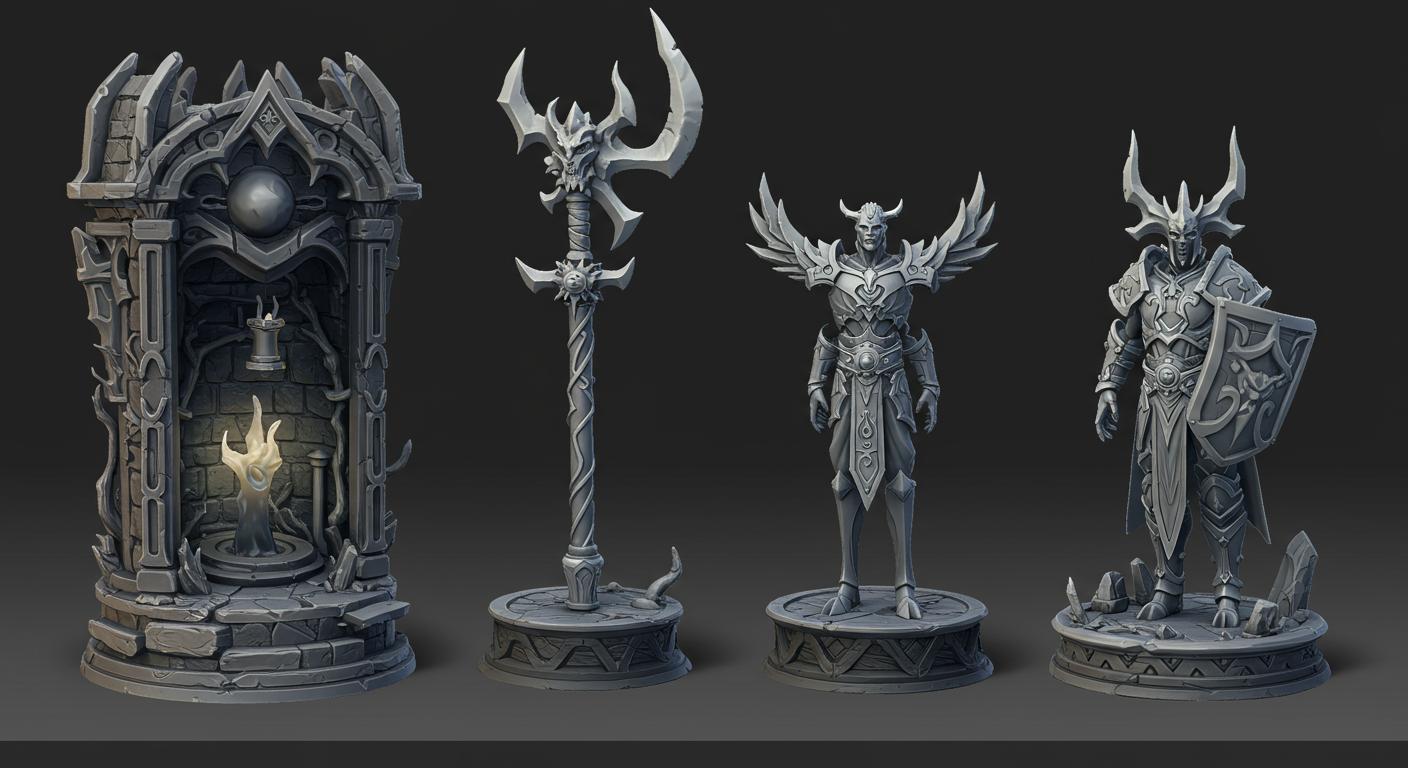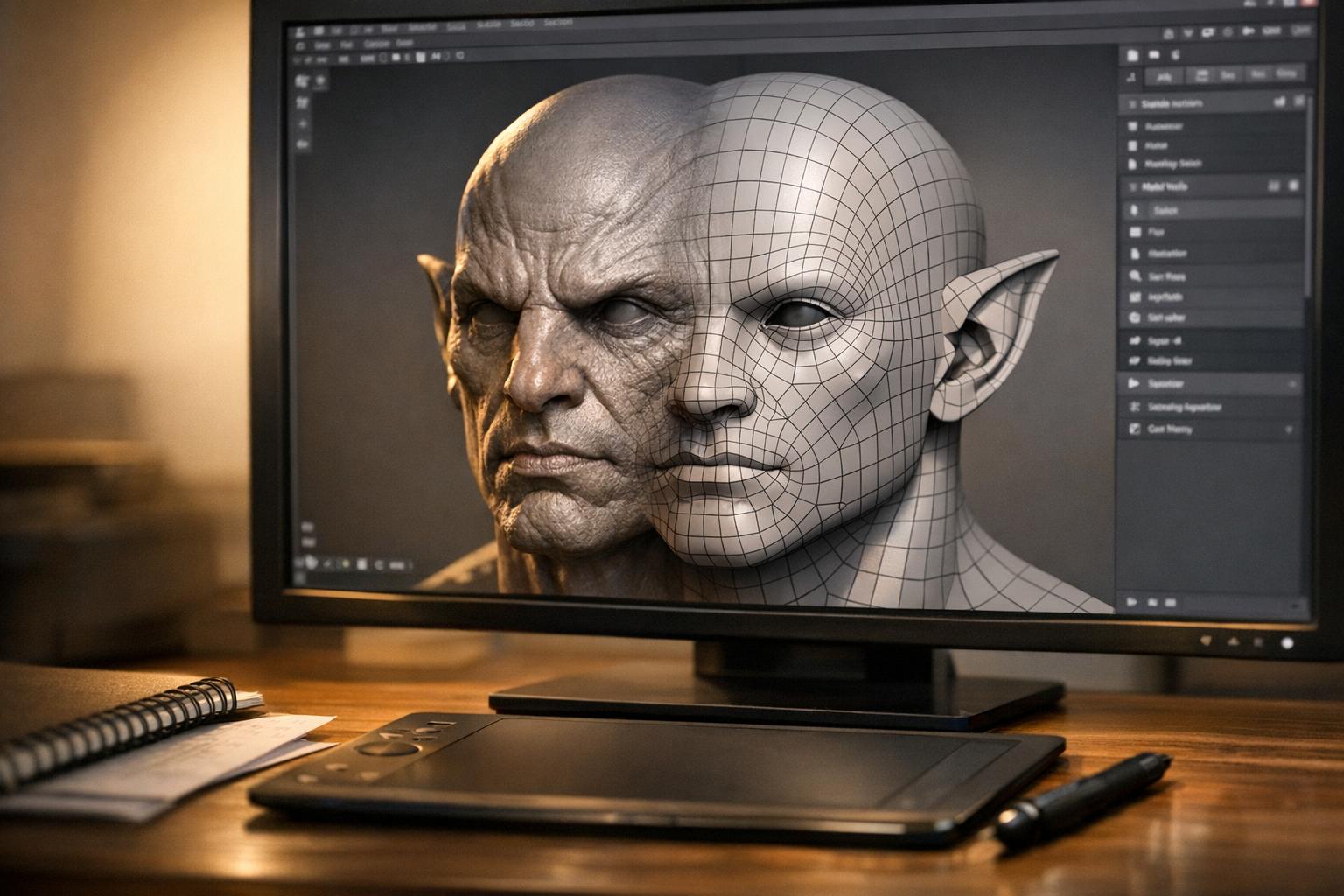Have you ever doodled an idea on a piece of paper and wished you could just hold it in your hands? For years, turning a simple 2D sketch into a 3D printable file was a complex process, often requiring hours of work in specialized software. Thankfully, the rise of AI tools has completely changed the game. Now, you can go from sketch to a ready-to-print STL file in just a few minutes.
The Power of Image-to-3D Technology
At the heart of this revolution is Image-to-3D technology. As the name suggests, these tools use artificial intelligence to analyze a 2D image and generate a three-dimensional model from it. This is a massive leap forward for designers, hobbyists, and anyone involved in rapid prototyping. Instead of manually tracing and extruding shapes, you can simply upload your drawing and let the AI do the heavy lifting.
Platforms like Sloyd.ai have integrated this technology into a user-friendly workflow, making it accessible to everyone, regardless of their technical skill. You can explore how it works on our Image-to-3D page.
Tips for a Perfect Conversion
The quality of your final 3D model depends heavily on the quality of your initial sketch. To help the AI understand your vision clearly, follow these simple guidelines:
- Use a Clean Background: Your object should be on a plain, high-contrast background (white is usually best). This helps the AI easily distinguish the subject from its surroundings.
- Draw Clear, Bold Lines: A well-defined sketch with strong lines is much easier for the AI to interpret than a faint or messy one.
- Focus on a Single Object: For the best results, ensure your image contains only the one object you want to convert.
These tips will minimize weird artifacts and ensure the generated model is a faithful representation of your idea.
Optimizing for 3D Printing with Presets
Once you have a 3D model, the next step is preparing it for your printer. The standard file format for this is STL, but not all 3D models are created equal. A model designed for a video game has very different requirements than one destined for a 3D printer.
This is where presets become incredibly useful. Sloyd offers a dedicated 3D Printing preset that automatically optimizes your model. When you select this option, Sloyd:
- Removes unnecessary data like textures and UV coordinates.
- Tweaks the mesh to reduce holes and improve overall quality.
- Ensures the model is "watertight" and ready for slicing software.
This built-in optimization saves you a ton of post-processing work and dramatically increases your chances of a successful print. You can find your final creations on popular community hubs like Printables.
Your Sketch to STL in 4 Simple Steps
Ready to try it yourself? Here’s how you can turn your sketch into an STL file using Sloyd:
- Prepare your sketch following the tips above.
- Navigate to the Sloyd Image-to-3D tool.
- Upload your image and select the 3D Printing preset.
- Click generate, wait a moment, and download your ready-to-print STL file!
It’s truly that simple. The era of complex 3D modeling for simple ideas is over. With the right AI tools, your imagination is the only limit.





